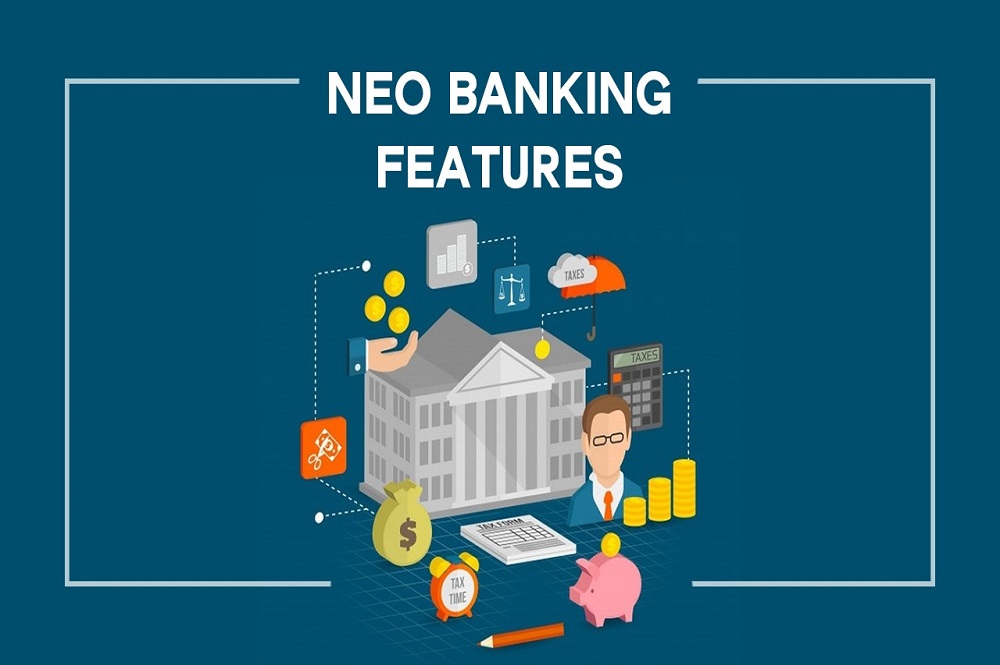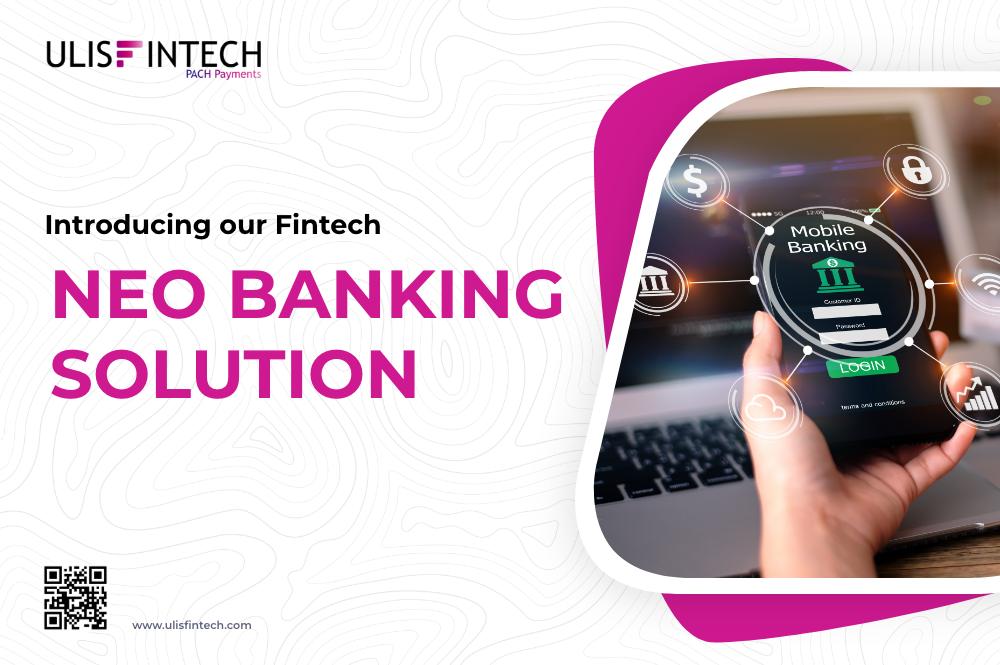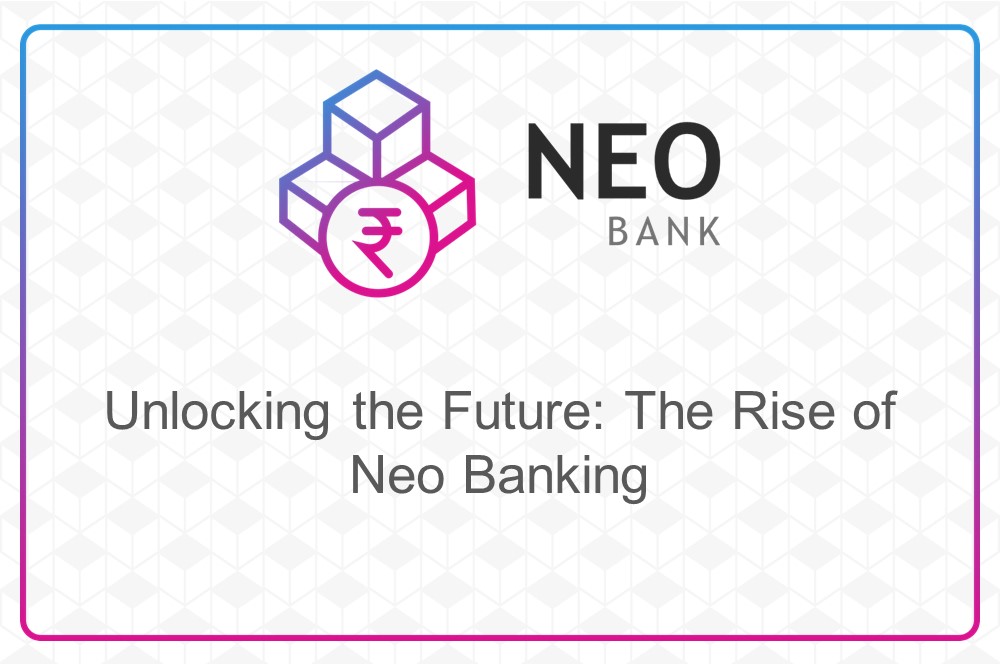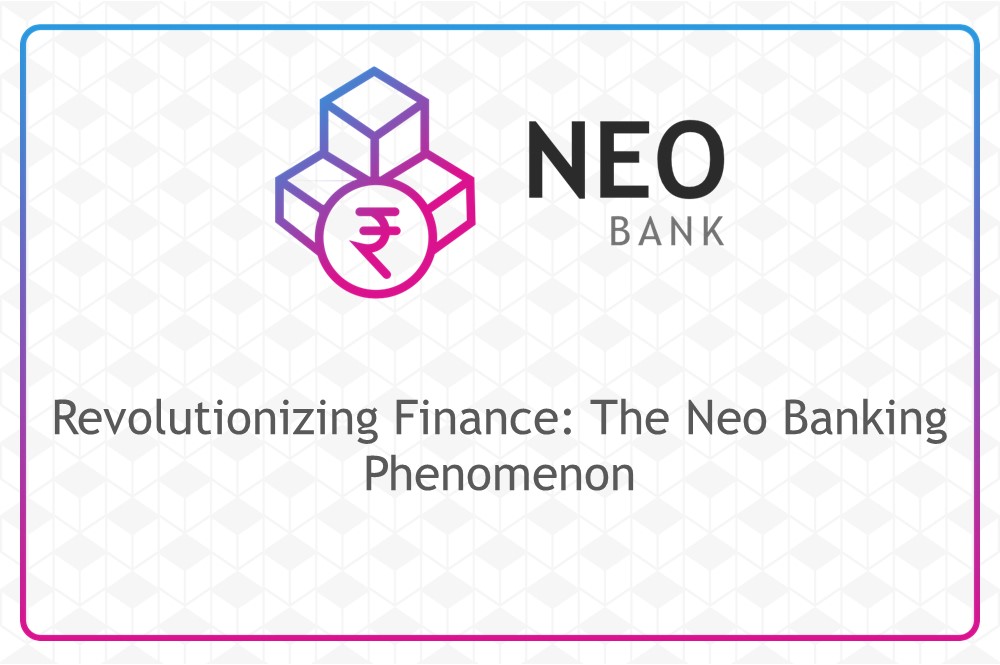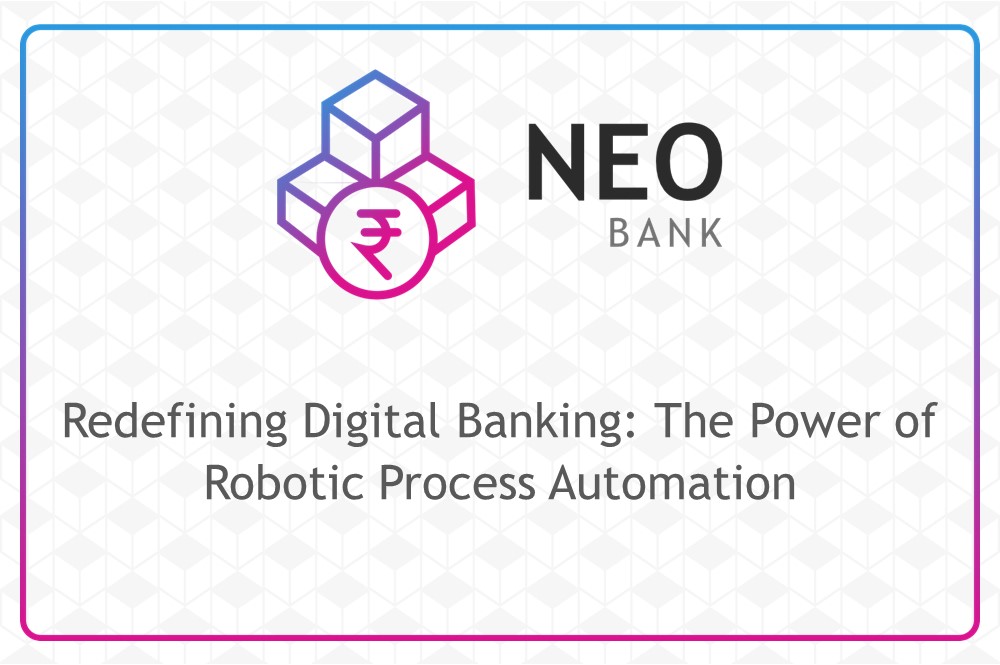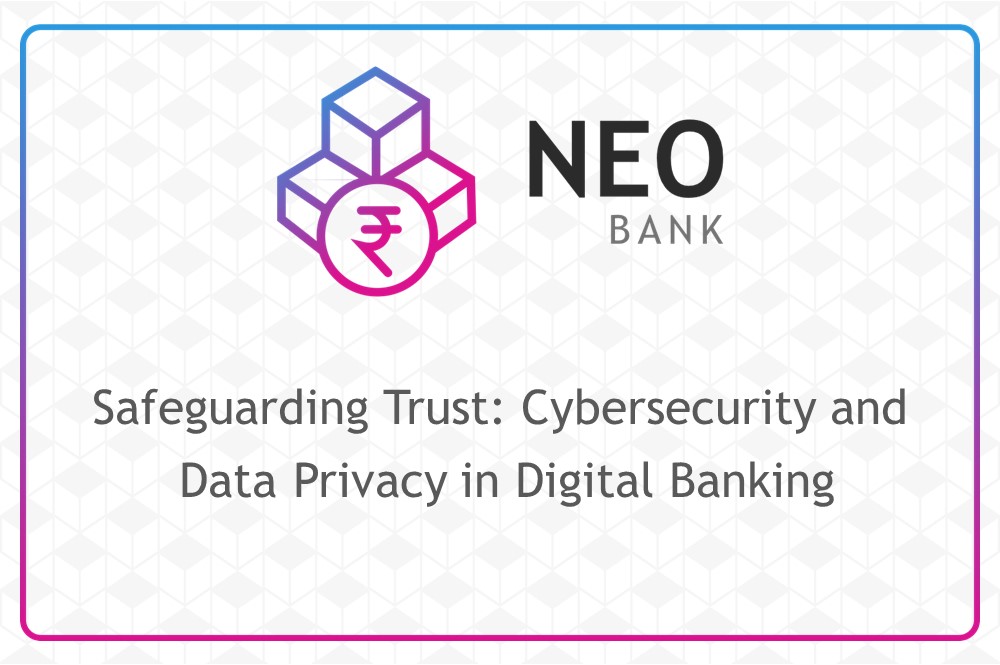Open Banking And The Rise Of Fintech: Transforming Financial Services
Sep 10, 2024 - 3 MINS READ
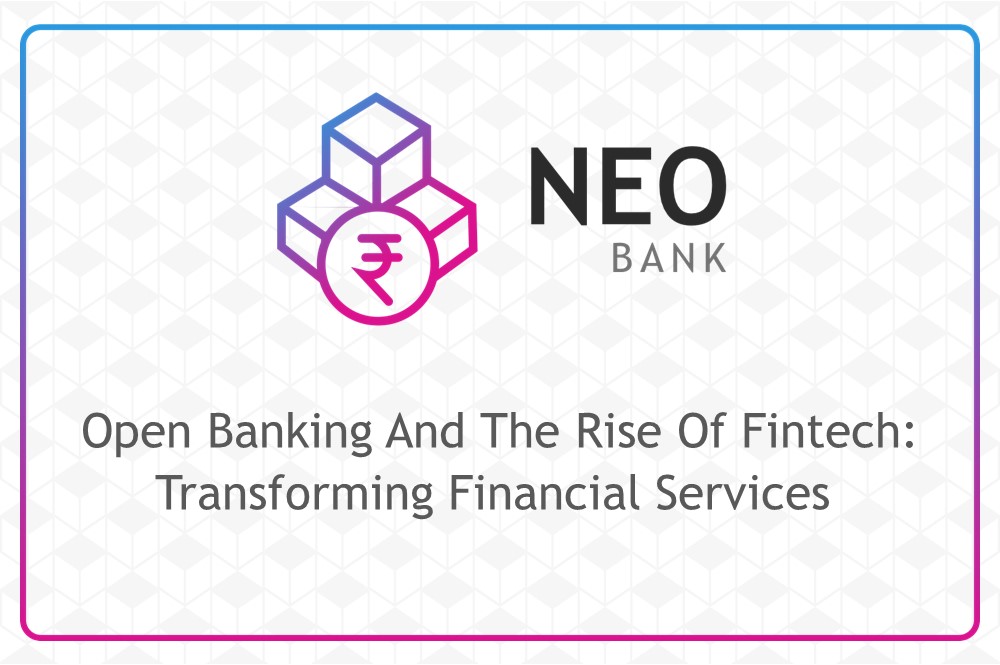
In the dynamic world of financial services, the emergence of open banking and fintech has revolutionized the way consumers manage their finances and interact with banks. Open banking, fueled by technological advancements and regulatory reforms, has paved the way for innovative fintech solutions that offer unprecedented convenience, accessibility, and personalized experiences. Let's explore the symbiotic relationship between open banking and fintech, presented concisely through bullet points:
Understanding Open Banking:
Key Features: Open banking enables the sharing of financial information, including account balances, transaction history, and payment data, between banks and authorized third-party providers.
Regulatory Drivers: Open banking initiatives are driven by regulatory reforms aimed at promoting competition, innovation, and consumer choice in the financial services industry. Examples include the Revised Payment Services Directive (PSD2) in Europe and similar regulations in other jurisdictions.
The Rise of Fintech:
The Rise of Fintech: Fintech, short for financial technology, refers to innovative technologies and startups that leverage digital platforms, data analytics, and automation to deliver financial services and products.
Key Areas: Fintech encompasses a wide range of services, including digital payments, peer-to-peer lending, robo-advisors, blockchain-based solutions, and mobile banking apps.
Market Growth: The fintech industry has experienced exponential growth in recent years, attracting significant investment and disrupting traditional banking models with agile, customer-centric solutions.
Synergy Between Open Banking and Fintech:
Data Access and Integration: Open banking provides fintech companies with access to customer data held by banks, enabling them to develop innovative products and services tailored to individual needs.
Enhanced Customer Experience: Fintech firms leverage open banking APIs to offer seamless, personalized experiences, such as real-time account aggregation, budgeting tools, and AI-driven financial advice.
Market Competition: Open banking fosters competition by leveling the playing field and empowering fintech startups to challenge incumbent banks with innovative, user-friendly solutions.
Partnerships and Collaboration: Banks and fintech firms are increasingly forming strategic partnerships and collaborations to leverage each other's strengths and capabilities, driving innovation and expanding market reach.
Benefits for Consumers:
Greater Choice and Convenience: Open banking and fintech provide consumers with a broader range of financial products and services, delivered through digital channels that offer convenience and flexibility.
Improved Access to Credit: Fintech lenders use alternative data sources and advanced analytics to assess creditworthiness, expanding access to credit for underserved segments of the population.
Lower Costs and Fees: Fintech disruptors often offer lower fees and competitive pricing compared to traditional banks, driving down costs and improving affordability for consumers.
Challenges and Considerations:
Data Security and Privacy: Open banking raises concerns about data security and privacy, requiring robust security measures and regulatory safeguards to protect customer information.
Regulatory Compliance: Fintech firms operating in the open banking ecosystem must comply with regulatory requirements governing data sharing, consumer protection, and financial stability.
Digital Inclusion: Addressing disparities in digital literacy and access to technology is essential to ensure that all consumers can benefit from the opportunities presented by open banking and fintech.
In conclusion, the synergy between open banking and fintech is transforming the financial services landscape, empowering consumers with greater choice, convenience, and access to innovative solutions. As the ecosystem continues to evolve, collaboration between banks, fintech firms, regulators, and consumer advocates will be crucial to realizing the full potential of open banking in driving financial inclusion and innovation.
